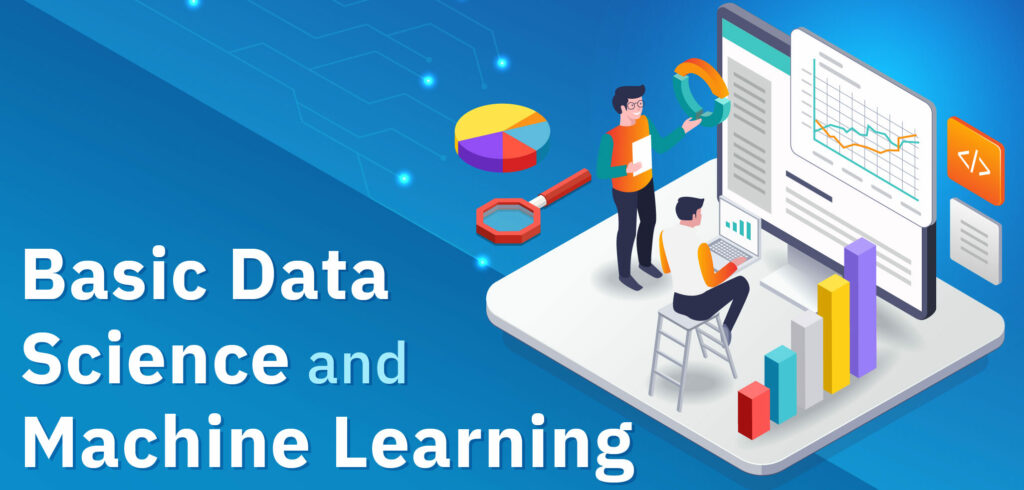A Comprehensive Guide to Non-Linear Classification in R: Techniques, Examples, and Best Practices
Introduction
Non-linear classification techniques are vital in the machine learning world, as not all data can be separated by a linear boundary. R, a language designed for statistical computing, provides robust capabilities to implement non-linear classification methods.
This in-depth article will explore various non-linear classification techniques in R, including kernel methods, decision trees, and ensemble methods, demonstrating how to implement them with coding examples.
Introduction to Non-Linear Classification
Non-linear classification refers to classifying data that cannot be divided by a simple straight line. It encompasses methods like kernel methods, decision trees, ensemble methods, neural networks, and more.
Kernel Methods in R
Kernel methods allow us to map the original feature space into a higher-dimensional space where a linear decision boundary can be found.
Example: Kernel Logistic Regression
library(kernlab)
data <- as.matrix(read.csv("data.csv"))
x <- data[, -ncol(data)]
y <- as.factor(data[, ncol(data)])
# Kernel Logistic Regression
model <- klr(x, y, kernel="rbfdot")
predictions <- predict(model, x)
Decision Trees in R
Decision trees recursively divide the data into subsets based on the features, allowing complex non-linear patterns.
Example: CART (Classification and Regression Trees)
library(rpart)
model <- rpart(y ~ ., data = data, method="class")
predictions <- predict(model, newdata = data, type = "class")
Ensemble Methods in R
Ensemble methods like Random Forests and Gradient Boosting Machines (GBM) combine the predictions of multiple models.
Example: Random Forest
library(randomForest)
model <- randomForest(y ~ ., data = data)
predictions <- predict(model, newdata = data)
Support Vector Machines with Non-Linear Kernels
SVMs with non-linear kernels such as RBF kernel can be used to classify non-linear data.
library(e1071)
model <- svm(y ~ ., data = data, kernel="radial")
predictions <- predict(model, newdata = data)
Neural Networks in R
Neural networks can model highly complex non-linear relationships.
library(neuralnet)
model <- neuralnet(y ~ ., data = data)
predictions <- compute(model, data[, -ncol(data)])
Evaluating Non-Linear Models
Evaluation methods such as confusion matrix, ROC curve, and AUC can be used.
library(caret)
confusionMatrix(predictions, y)
Conclusion
Non-linear classification in R provides a powerful toolkit for tackling complex, real-world problems. From kernel methods to neural networks, R offers a wide variety of options to fit and interpret non-linear models.
Relevant Prompts
1. How to implement kernel methods for non-linear classification in R?
2. What are the best practices for training decision trees in R?
3. How to tune hyperparameters in Random Forest in R?
4. Comparison between linear and non-linear Support Vector Machines in R.
5. How to evaluate non-linear classification models in R?
6. What are the common challenges in implementing non-linear classification and how to overcome them?
7. How to visualize non-linear decision boundaries in R?
8. Using ensemble methods for non-linear classification in R.
9. How to implement neural networks for non-linear classification in R?
10. How does feature scaling impact non-linear classification in R?
11. How to handle imbalanced data in non-linear classification?
12. What are the real-world applications of non-linear classification in R?
13. How to optimize the performance of non-linear classification models in R?
14. How to deploy non-linear classification models built in R?
15. Advanced techniques in non-linear classification in R: A deep dive.
This comprehensive guide covers the essentials of non-linear classification in R, providing you with practical knowledge, code examples, and insights. Whether you’re just starting out or looking to deepen your understanding of non-linear classification techniques, this article is a valuable resource.
Find more … …
Machine Learning for Beginners in Python: Dimensionality Reduction With Kernel PCA
